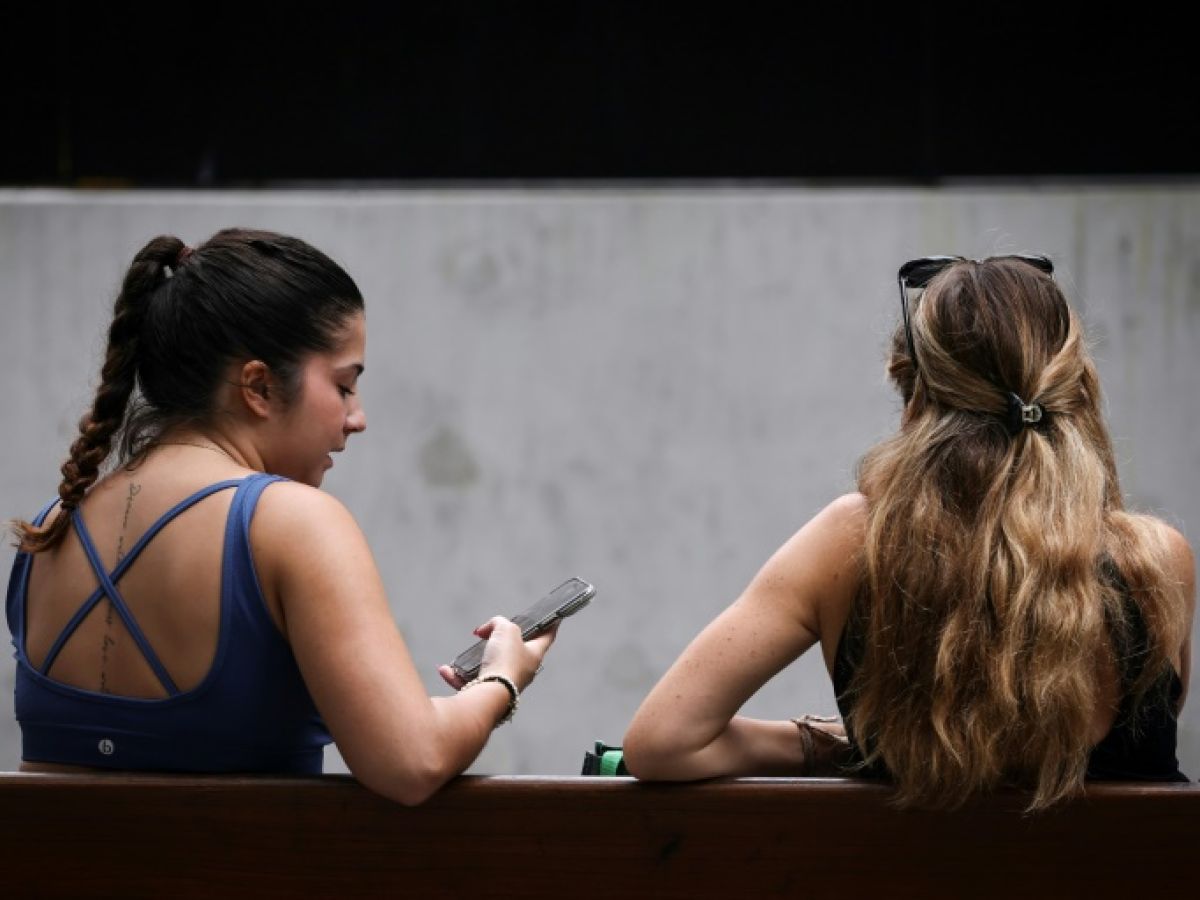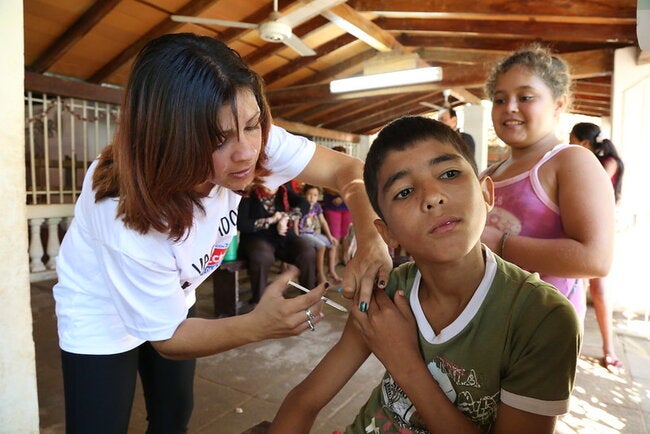Australia's prime minister announced Thursday that he plans to ban under-16s from social media, a move aimed at cracking down on tech giants who have been criticized for failing to adequately protect vulnerable users.
"It's (a measure) for moms and dads. Social networks do a lot of harm to children and I decided to put an end to it.", Prime Minister Anthony Albanese told reporters.
Mr Albanese announced plans in September, but the minimum age had not yet been decided. The Labor leader said the measure would be presented to Australian state and territory leaders this week, before being put to parliament in late November.
Tech companies and social media companies will be responsible for ensuring that users are of legal age - or face fines - Albanese said, rather than parents who "are worried about their children's online safety."
What about technical feasibility?
"The responsibility will not fall on parents or young people. There will be no sanctions for users.", he said. An earlier proposal to introduce an age limit for social media had enjoyed broad support across the Australian political spectrum.
Platforms will be given a year to prepare. Meta, the parent company of Instagram and Facebook, said it would implement “any age restrictions” the Australian government "would like to introduce".
But Antigone Davis, the tech giant's global security chief, said Australia would need to think carefully about how those restrictions were implemented.
Mr. Albanese stressed that social media algorithms present inappropriate content to children and adolescents. "I have things showing up on my (phone) that I don't want to see. (Imagine) a vulnerable 14-year-old child.", declared the head of government.
“Young women see images of specific body types that have a real impact”, he added. Experts, however, have questioned the technical feasibility of such a measure.
"Digital majority"
"We already know that current age verification methods are unreliable, too easy to circumvent or pose risks to users' privacy.", observed Toby Murray, a researcher at the University of Melbourne.
In September, Canberra introduced a bill aimed at combating disinformation. The bill would impose fines of up to 51% of annual turnover on tech giants if they fail to meet their obligations to combat disinformation.
Elon Musk's social network, X, is also engaged in a legal battle with the Australian internet regulator over its moderation of violent posts.
The minimum age measure on social networks is "truly at the forefront of the world", for her part welcomed the Minister of Communications Michelle Rowland, according to whom the platforms "have not lived up to expectations."
"Social media companies have been informed" and financial penalties will be imposed on them if they fail to meet their obligations, she said at a press briefing on Wednesday. Several countries and territories have decided to impose a minimum age for accessing the platforms.
In the US state of Florida, a law is due to come into force in January to ban under-14s from opening accounts. Spain passed a law in June banning access for under-16s.
In both cases, however, the method of age verification has not yet been determined.
In France, a law passed in 2023 which established a "digital majority" The 15-year-old rule has not yet come into force, pending a response from the European Commission on its compliance with European law. Emmanuel Macron has even spoken out in favour of banning the telephone "before 11 years old".
China, which has restricted access for minors since 2021, requires identification via an identity document. Those under 14 cannot spend more than 40 minutes per day on Douyin, the Chinese version of TikTok, and children and adolescents have limited online gaming time.


